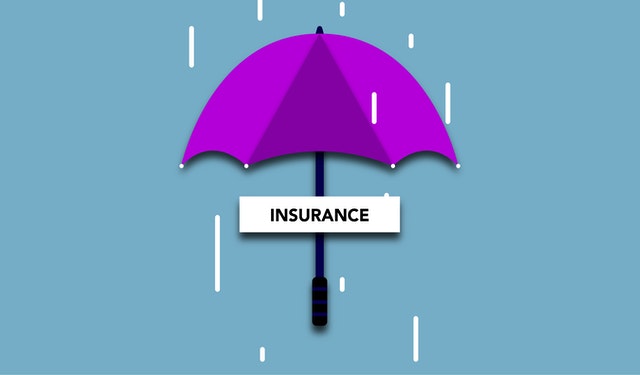Cases of losing property, job, or getting injured are a hassle at best and traumatizing at worst. In these situations, we all rely on our insurance companies to cover our medical, living, or premium costs. According to US law, your insurance company owes you a duty of good faith and fair dealing as it does to all the persons they insure.
But, what happens if you believe that it wasn’t the case because your insurance company marks you off with some minor payment or doesn’t pay at all? When your home or commercial property insurance company refuses to make a fair claim payment, your best option is to file a bad faith insurance claim. How and why we’ll find out next.

How to Recognize the Issue
Cases of bad faith insurance happen more often than you would know and there are many ways in which an insurance company may act in it.
Most of the time, to avoid paying a claim, insurance companies misrepresent an insurance contract’s language to the policyholder. On other occasions, they fail to acknowledge policy limitations and exclusions before you purchase a policy or they fail to process your claim within a reasonable period.
Most of the time, they just make unreasonable demands to prove a covered loss.
Never mind if the bad faith was by purpose or by accident, the sense and the moral is the same – if you suspect bad faith, you should confront the insurance company or consult a lawyer (since this happens more than often, you don’t have to worry about the existence of such a legal field).
Professionals VS Professionals
The battle as old as lawyers and insurers exist, each of them will hold ground against the other. And the lawyers do act vigorously, as we see at KerleySchaffer.com as they stress that it’s important not to feel pressured, not to sign anything, or give recorded statements to the insurance company without their presence. If you have indeed fallen victim to bad faith, then legal representation is your best way to succeed in one of their countless battles.
The ultimate goal is for a jury to verdict punitive damages to the policyholder. This way, the insurance company is penalized not only for its malpractice towards you but to also prevent that kind of acting with other policyholders as well. Elseways, even if the company made a singular mistake in your case, you will at least get the claim and lawsuit paid for.
Types of Claims and Insurer’s Duties
Depending on the claims, the applicable duties can be “first party” or “third party” and in both of these claims, there is room for bad faith. In the first situation, it occurs by improperly refusing to defend a lawsuit and in the latter one by improperly refusing to pay a judgment or settlement of a covered lawsuit.
Improperly Defending a Lawsuit
… shows an inadequate investigation of the covered case, threats against an insured, delay in handling terms… For example, if you have an asset insured and something happens to it (it becomes damaged or spoiled), the insurance company is required to investigate the damage or spoil, determine whether the condition is covered by the policy, and simply pay the proper value for the property.
Simple enough, but still, the companies fail to comply with the simple duties of incorrect valuation, refusal to acknowledge the claim at all.
Improperly Paying a Lawsuit
On the other hand, this is a perplexing legal area as the third party system obligates the insurer to defend your claim, compensate up to the limit of coverage, and specifically in California, settle a reasonably clear claim against, within policy limits.
In Cali, they will be also looking at all facts known from any source, unlike “the eight-corners rule” in some other states.
These cases are slower, tougher, and more complicated to judge, prove and defend, and almost always, need professional handling.
Cases of personal injury and bad faith claims in health or life policies are covered and secured by the Employee Retirement Income Security Act (ERISA). Still, few cases occurred but are still very rare. It is mostly the material property, real estate, equities, and physical assets that people file bad faith insurance claims for.

Whatever is the type of claim you had with your insurance company and the type of asset, the cases of unfair claims practices are defensible, and in California, which law is a model for many other states’ bad faith laws, highly benefited. With the right and determined lawyer behind you, the claim will be easier to review, validate, demand, file, and initiate. From there, we do hope the odds will be in your favor.










